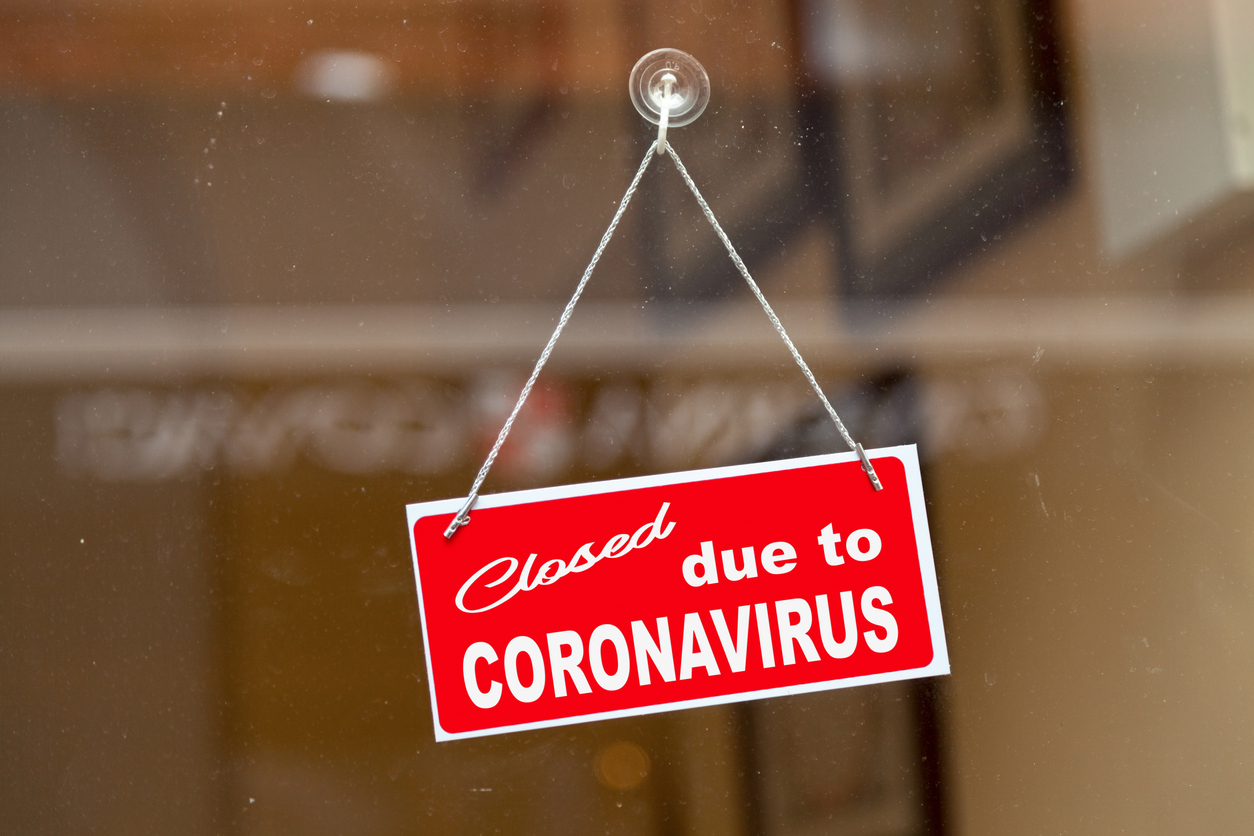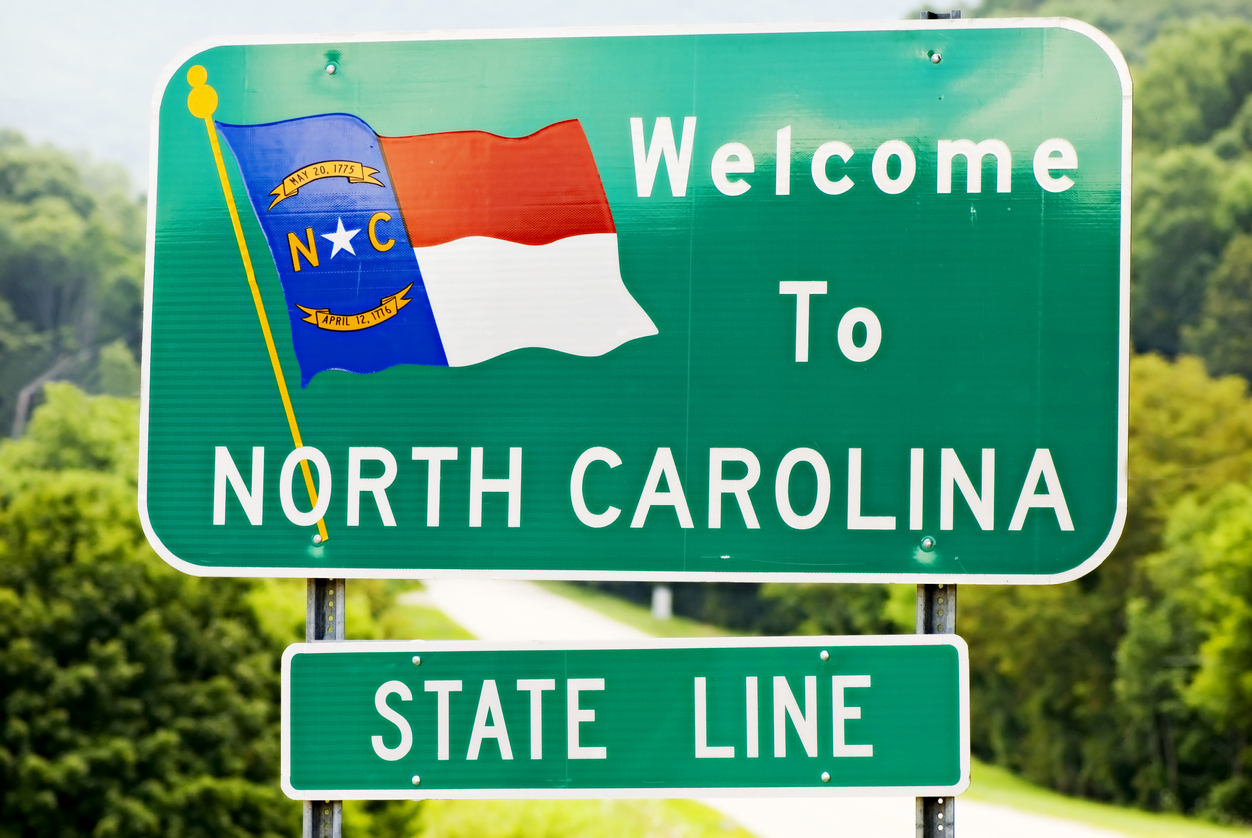Hurricane Florence insurance claims are the headache that starts after Florence damages your business or home. There is nothing easy about having your property destroyed—either emotionally or financially. It is going to hurt. I and a number of Merlin Law Group lawyers have been doing this work full time for as long as anybody in the business. We have seen the emotional toll from hurricanes and the insurance claim process. We have seen the financial stress caused when dealing with insurance company payments that are not fast enough and simply not enough. We are here to help policyholders get over this hurt and frustration.
The North Carolina Department of insurance has some simple tips listed on its web:
If I have storm damage, what should I do?
•Contact your insurance agent/company as soon as possible to arrange a visit from an adjuster. Be patient; insurance companies will likely be handling a very large volume of requests.
•Before doing any repairs to your home, photograph and make a list of the damage.
•Protect your home from further damage by making temporary repairs only. Save any receipts for
materials purchased for temporary repairs.•Do not have permanent repairs made until your insurance company has inspected your property and
you have reached an agreement on the cost of repairs.What should I do if my home is uninhabitable?
•If necessary, rent temporary shelter. If your home is uninhabitable, most homeowners policies pay additional living expenses while your property is being repaired. Before renting temporary shelter, check with your insurance company or agent to determine what expenses will be reimbursed. Save receipts.
Will my insurance pay for damage caused by flooding?
•Homeowners insurance policies do NOT cover flood or rising water damage. Flood insurance can be purchased through the National Flood Insurance Program.
How can I avoid being a victim of a scam?
•Always deal with licensed insurance companies, agents and adjusters. Ask to see identification or call the Department of Insurance to check the status of a license.
•Do not sign any blank application or claims forms.
•Don’t pay in cash for repairs; keep all your records and proof of payments.
These are proper and simple steps. But there is so much more. These tips fail to account for real-life circumstances and issues that come up following hurricanes. This is especially true if you live or work along the coastal areas where Hurricane Florence has caused the most damage and created the most havoc.
So, here are Chip Merlin’s more advanced tips:
First, your safety is paramount. I have walked through buildings with snakes and alligators. Not all fallen electric wires are dead. Nails and sharp debris will cut through your shoes and you may find you do not have enough spare tires after that debris easily punctures and flattens those tires. The debris will include loose carcinogenic asbestos fibers that will become airborne as materials dry. Bad guys will show up trying to loot and steal from you despite the best efforts of the National Guard and police. It may be wet and moldy by the time you get there. It will usually be hot because it is in the Summer, but you have to wear long work clothes for protection. Take a cooler of water to hydrate and to give first responders. (I can still remember after Hurricane Katrina our assistant, Cindy Cady, giving those guys chewing gum and getting wide smiles and thanks from them.)
Second, you may not be able to go back to your home or business. In many areas, it is simply unsafe to travel, and the authorities are often doing recovery—looking for bodies.
Third, if you are in a heavily damaged area, prepare and plan your trip. Buy extra batteries for your phone and whatever electric materials you have. You may need to bring a chain saw and heavy tools. Obtain heavy steel work shoes, gloves, hard hats, goggles, and safety masks. Get strong flashlights and battery-operated lights to see inside. Take a truck or a car that can go off the road and with tires that are thick or flat-proof. Take a long stick and if you are trained, take a gun. Always go with at least one other person who takes the same precautions. While mobile cell phone towers are much more prevalent than a decade ago, cell phones often do not work and you may not be able to contact anybody, including the police. Satellite phones are what professionals take into harm’s way and they can be worth a fortune if an emergency occurs and you have no other means to connect. Plan to be safe, get your mission accomplished and get out.
Fourth, even if they let you in, in many areas there will be a mandatory curfew. You may have limited time to get back out. So, get your treasured possessions you did not get before assuming they are there. This includes your insurance paperwork, financial paperwork, property titles and those papers that can help you prove whom you are, that you own/live at a particular property, income tax returns and other vital papers. You may need these to make your insurance claims, FEMA claims, SBA claims, obtain shot term loans, find new schools for children and enroll them and whatever other proof those bureaucratic people will need so you can move along filing post-Florence paperwork.
Fifth, after putting on your safety shoes, goggles, gloves, hard hat and mask, take photos and videos of everything. Start taking videos and photos from the trip in, your neighborhood, the exterior, the interior, the lawn, and all the crazy junk and debris that is everywhere on your property. Take pictures of your personal property stuff in the house, including in the refrigerator, pantry, closets, drawers, closets and wherever you keep your stuff. You will need it to help make an inventory of your damage. Take pictures of all the damage to your neighbors’ exterior property and take pictures of the trip out. You cannot take too many photos and videos of the damages to your home, business, and especially the water damage which may be hard to photograph or video-graph. Some lighted cameras flash-out the stains. So, taking non-lighted photos and video sometimes works much better when trying to get photo evidence of water stained ceilings and walls.
Sixth, if you have not already done so, report your claim. You can call you insurance agent if the agent is in business. Most insurance companies have a direct claim call-in center to report your claim. Insurance companies do this initial call-in reporting so much better today than in the past. Many take internet notices of loss. Big tip—report your loss as soon as possible. The sooner you report, the sooner you get in line for an adjuster to visit you. The more sever the damage, the quicker you may have somebody out to your home. If you have a disability, are aged, have caregiver issues or are yourself a first responder, some insurance companies have an adjustment process with specially trained catastrophe adjusters just for you. But, you have to let them know.
Seventh, keep an activity log of everything that happens. Date, time and activity. Note the people spoken to and get their phone numbers and title. Keep track of everything said and done. Your notes cannot be too thorough. Tip—if things go sideways, the person with this detailed information often can get the claim back on the right track much quicker.
Eighth, help your field adjuster. If you have photos and videos of the loss, send those via email or drop box to the adjuster. In some situations of total loss, this one step may allow an adjuster to make a policy limit payment without going to the loss site. Insurance catastrophe adjusters are also viewing the damage from satellite photographs to cut costs and time. Those mountains of photographs and videos can help support the payment of a quicker and larger payment and sometimes a policy limits payment.
This blog has a search feature which can answer just about any claims question. Here are some past posts with other insurance claims tips Merlin Law Group has published in the past trying to help people with the insurance claim process and getting paid fully, quickly, and fairly:
https://www.propertyinsurancecoveragelaw.com/2017/08/articles/insurance/harvey-insurance-claim-call-the-insurance-agent-immediately-and-make-a-claim/
https://www.propertyinsurancecoveragelaw.com/2017/05/articles/consumer-protection/top-10-insurance-claim-tips/
https://www.propertyinsurancecoveragelaw.com/2016/09/articles/insurance/ten-tips-for-flood-insurance-claims/
https://www.propertyinsurancecoveragelaw.com/2016/05/articles/insurance-claim/ten-tips-how-to-make-your-claim-easy-to-pay/
https://www.propertyinsurancecoveragelaw.com/2015/08/articles/florida/helpful-tips-for-reporting-a-property-damage-insurance-claim/
https://www.propertyinsurancecoveragelaw.com/2010/02/articles/insurance/empowering-the-insured-united-policyholders-website-provides-claims-handling-tips/
https://www.propertyinsurancecoveragelaw.com/2016/10/articles/insurance-claim/giving-your-insurance-company-notice-of-your-loss/
Positive Thought For The Day
no harm will overtake you,
no disaster will come near your tent.
For he will command his angels concerning you,
to guard you in all your ways;
—Psalm 91:10-11



